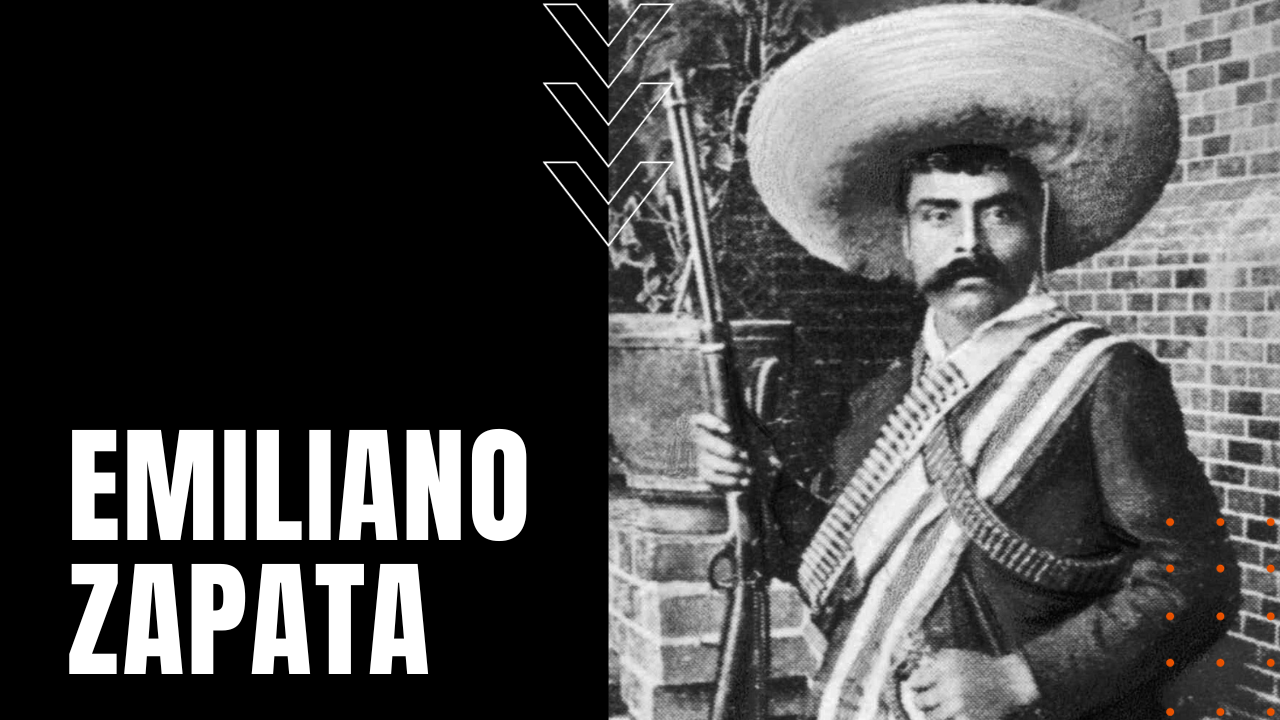Emiliano Zapata

Contrary to popular legend, Emiliano Zapata was born into a reasonably well-off family in 1879 Anenecuilco Mexico, growing up to become a successful businessman, farmer and horseman before his instrumental involvement in the Mexican Revolution. By 1910, however, after Zapata’s Morelos homeland came under increasing repression by land-grabbing sugarcane monopolies known as hacendados—an injustice fully supported by Mexican dictator Porfirio Dias—Zapata formed his Liberation Army of the South as revolution broke out across Mexico, which led to a victory by Zapatista rebels over the Federal Army at the Battle of Cuautla in May of 1911.
Zapatistas Disavowed
When revolutionary leader Francisco Madero assumed the presidency after Diaz was forced from office, Madero disavowed the role of Zapatistas in his ascension to power—denouncing them a mere banditos and highwaymen. In November of that same year, Zapata announced his Plan de Ayala, which called for the redistribution of lands back to peasant farmers. In response, Madero sent in Federal troops to crush the Zapatistas in Morelos, leading to the widespread destruction of villages, while suspected Zapatista rebels were either drafted into the army or sent to forced labor camps in Southern Mexico—a scorched-earth policy that only strengthened Zapata’s heroic image among the people of Morelos.
A New Regime
After Victoriano Huerta came to power following a February 1913 coup against Madero, Zapata joined a coalition of Constitutionalist forces from Northern Mexico, including Venustiano Carranza, Alvaro Obregon and Pancho Villa, which led to Huerta’s fall from power in July of 1914. In an attempt to sort out power struggles after Carranza’s ascension to the Mexican presidency, at the Convention of Aguascalientes in late 1914, Zapata and Villa split with Carranza and his forces.
A Violent Death
Consolidating his power in 1915, Carranza defeated Pancho Villa before employing yet another scorched-earth campaign against Zapata’s forces in early 1919, leading to Zapata’s death by ambush on April 10th of that same year. Today, Zapata remains an iconic hero in Mexican culture and memory, while his agrarian demands were drafted into the Mexican Constitution two years before his death, making the revolutionary life of Emiliano Zapata, a now legendary figure in Mexican history.
